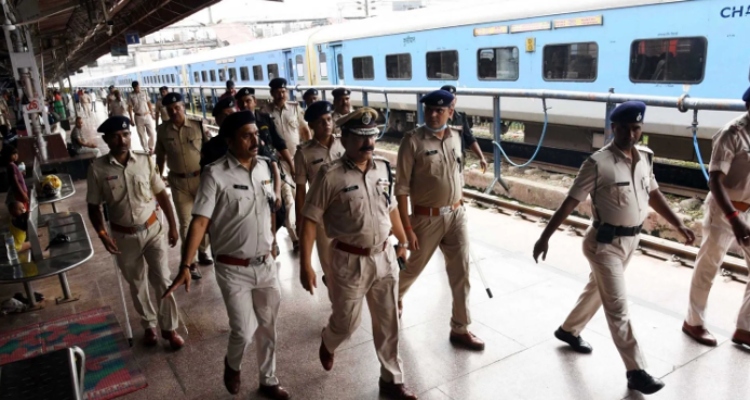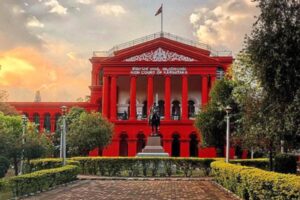
Fundamental rights serve as the bedrock of a democratic society, safeguarding the liberties and freedoms of its citizens against state intrusion. Enshrined in the Indian Constitution, these rights ensure the all-around development of individuals and the nation. Article 32 empowers citizens to directly petition the Supreme Court in cases of fundamental rights violations, underscoring the significance of their protection.
Public officers, entrusted with governmental functions for the welfare of the people, play a pivotal role in upholding these rights. However, when they falter in their duties, questions of liability arise. While many nations have codified such liability in their constitutions, India’s legal framework predating its Constitution already held the government accountable for torts committed by its officers.
Despite legal provisions, the reluctance of citizens to confront public officers stems from systemic issues like corruption and bureaucracy. Recent judicial pronouncements emphasize the imperative of addressing breaches of fundamental rights, even by private individuals or public officers, to uphold the Constitution’s sanctity.
A significant case, B.S.N.L v. Pramod V. Sawant, highlighted the accountability of public sector officials for constitutional breaches. While existing laws offer recourse for malfeasance in public office, the absence of stringent statutes perpetuates violations. The Civil Procedure Code outlines procedures for suits involving public officers, yet the absence of a clear definition of malfeasance in Indian law poses challenges.
Nevertheless, codes of conduct and ethical guidelines delineate expected behavior for public servants. Article 310 empowers the government to discipline its servants for misconduct, underscoring the nexus between liability and public trust.
In conclusion, while legal mechanisms exist to address breaches of duty by public officers, the evolving landscape demands comprehensive legislation to ensure accountability and safeguard citizens’ rights. Upholding the principle of liability is not just a legal obligation but a cornerstone of public trust in governance.




